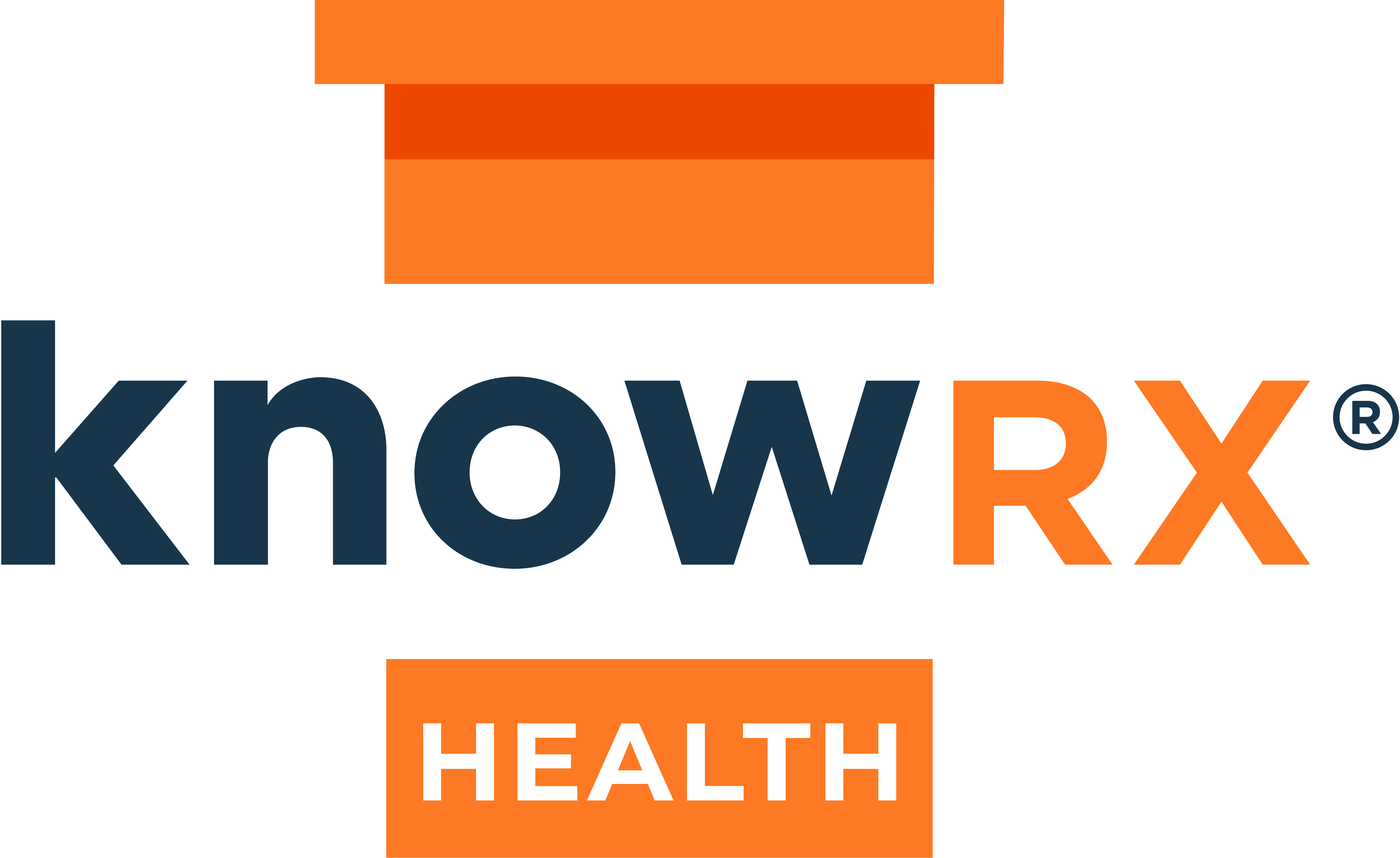
Transforming Healthcare Through Real-World Health Data
The healthcare system is in desperate need of change. Rising costs, administrative burdens, and limited access to personalized care have left patients and providers alike searching for better solutions. The good news is that real-world health data is already transforming healthcare into a more proactive, patient-driven system.
Tools that allow patients to collect and share health insights from their daily lives play a key role in this transformation. By shifting care away from episodic clinic visits and embracing real-time data, we are finally transforming healthcare into a system that supports better outcomes for everyone.
How Real-World Health Data Puts Patients in Charge
When you visit your doctor, they usually rely on incomplete snapshots of your health. Real-world health data bridges the gaps by giving patients the ability to:
- Track daily health insights: Real-time metrics from wearables, connected devices, and in-home labs paint a complete picture of your health.
- Share meaningful updates: By securely sharing health data, patients provide doctors with actionable insights.
- Take proactive steps: Patients can monitor trends and make informed decisions to stay ahead of potential issues.
For example, someone with diabetes can track blood sugar levels daily using connected devices, ensuring their provider has accurate, timely information. This proactive approach is critical for transforming healthcare into a system that meets patients where they are, instead of relying solely on clinic visits.
Transforming Healthcare by Reducing Burdens
Healthcare providers face increasing demands, from managing chronic conditions to meeting administrative requirements. Real-world health data reduces these burdens by:
- Streamlining communication: Doctors can access up-to-date patient data, minimizing back-and-forth and saving valuable time.
- Supporting remote care: Providers can monitor conditions in real-time, offering care without requiring in-person visits.
- Preventing complications: With early access to real-world data, providers can intervene before problems escalate.
This isn’t just about making healthcare more efficient—it’s about fundamentally transforming healthcare into a more sustainable system for both patients and providers.
Unlocking New Revenue Streams with Real-World Health Data
For healthcare providers, embracing real-world health data is more than just a care improvement strategy—it’s a revenue opportunity. By integrating insights from patient-generated data, providers can:
- Qualify for remote care reimbursements: Billing codes for remote patient monitoring (RPM) and chronic care management (CCM) create financial benefits.
- Meet value-based care goals: Providers gain better compliance data, improving metrics tied to reimbursement.
- Enhance efficiency: Real-time data reduces the need for unnecessary repeat tests and follow-ups.
These opportunities are reshaping the financial landscape, just as real-world data is transforming healthcare into a smarter, more responsive system.
A Patient-Driven Future
Real-world health data isn’t just about technology—it’s about putting patients at the center of care. With the right tools, patients can actively participate in their health, leading to better outcomes and a more responsive system.
This approach is redefining what it means to receive care, finally transforming healthcare into a model that works for everyone—patients, providers, and the system as a whole.
Take the First Step Toward Transformation
Healthcare transformation starts with you. Real-world health data is already shaping the future of care, reducing costs, and improving outcomes. It’s time to embrace the tools that make it possible.
Discover how you can be part of transforming healthcare today. Learn More 🌟
Works Cited
- American Heart Association. “Why Tracking Blood Pressure Matters.” Heart.org
- FDA. “Real-World Evidence.” FDA.gov
- Centers for Medicare & Medicaid Services (CMS). “Remote Patient Monitoring Services.” CMS.gov
- National Academy of Medicine. “Harnessing Evidence and Experience to Improve Health.” NAM.edu
- Health Affairs. “The Evolving Role of Patient-Generated Health Data in Health Care Systems.” HealthAffairs.or


